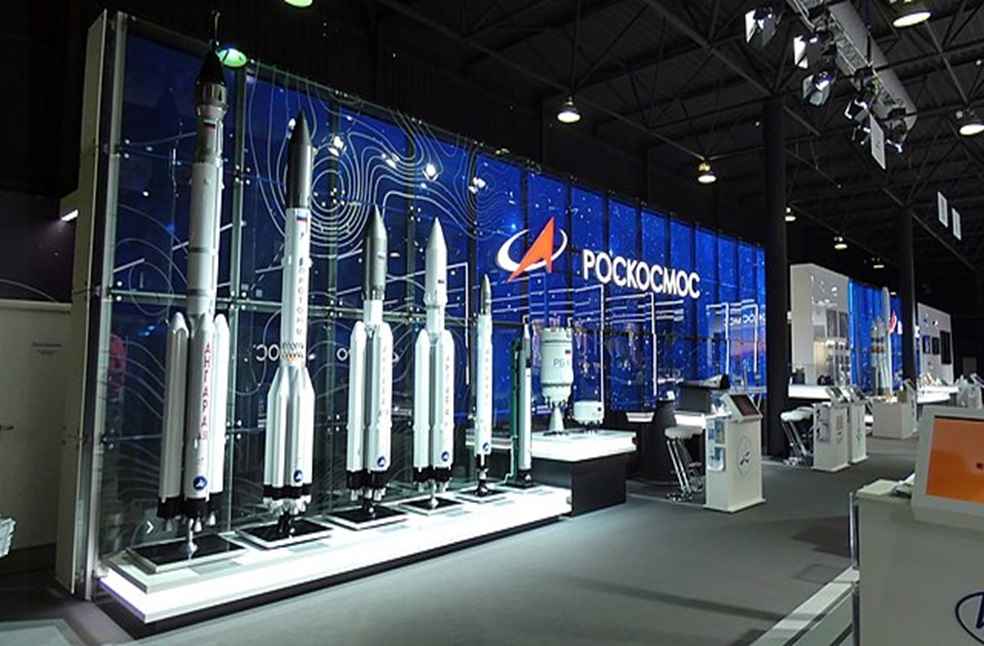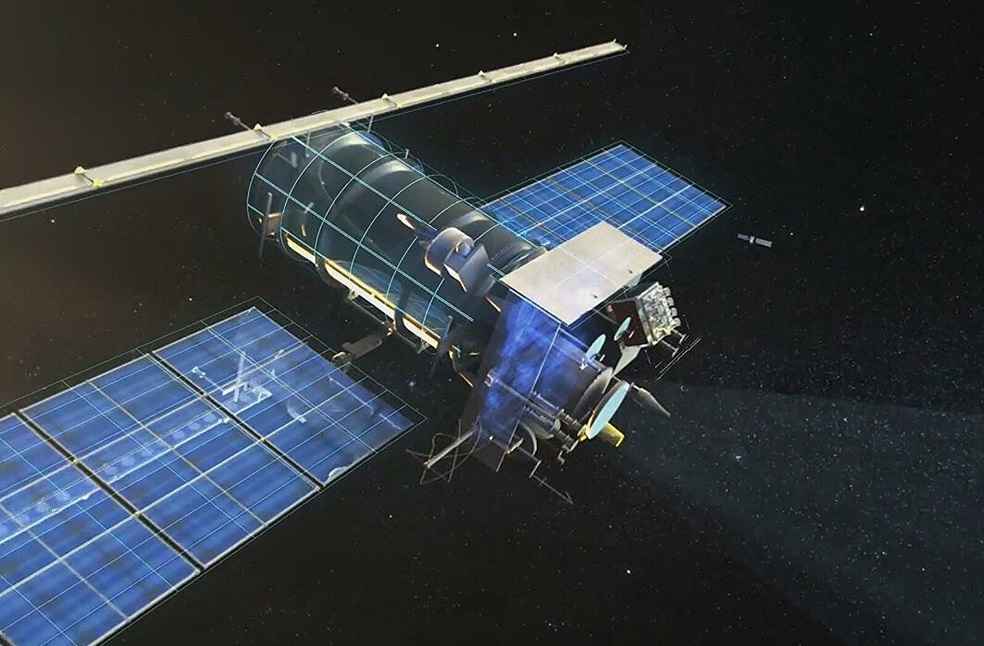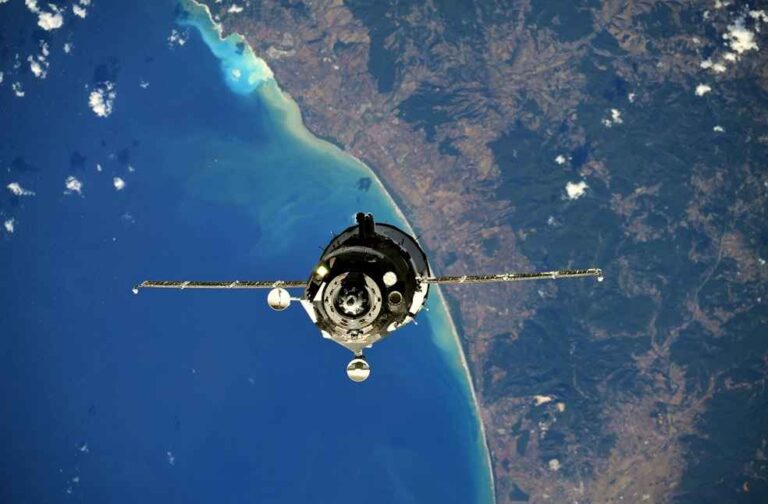Russia: Angara A5, a space rocket of Russia, has successfully launched from the Vostochny Cosmodrome, located in the Amur region bordering China.
The launch held to be postponed for two days due to technical glitches. This mission is an attempt to showcase Russia’s post-Soviet space ambitions and the growing significance of the Vostochny Cosmodrome.
The Russian space agency, Roscosmos, announced that two previous attempts to launch a rocket were cancelled due to issues with the pressurising system in an oxidizer tank and the engine control system. However, the recent launch was successful, and minutes after takeoff, the rocket entered orbit, travelling at a speed of over 25,000 kilometres per hour.

Roscosmos declared through its social media that, “With this launch, flight design tests of the Amur space rocket complex with Angara heavy-class launch vehicles on Vostochny began. The rocket worked according to plan. The upper stage separated and is currently putting the test payload into target orbit.”
Russia initiated the Angara project a few years after the fall of the Soviet Union in 1991. The project aimed to create a Russian-made launch vehicle that could assure space entry even without the Baikonur Cosmodrome, which Russia rents from Kazakhstan.
The Angara A5, a heavy supporter rocket scheduled to carry several tonnes of supplies to space, encountered important delays during its development. The rocket’s first test flight took place in 2014, followed by another test flight in 2020, both launched from the Plesetsk space facility in Arkhangelsk, which is located 800km (497 miles) north of Moscow.

The Angara A5 is believed more environmentally friendly than Proton M, Russia’s heavy-lift rocket that was in operation since the mid-1960s. Moscow plans to utilise the rocket’s payload abilities to provide modules for a new space station, which is expected to be a rival to the International Space Station (ISS) and is planned to be built in the coming years.
Russia’s space programme faced multiple significant setbacks over the past few years. In the previous month, the launch of a Soyuz spacecraft to the International Space Station was postponed for two days.
Three astronauts from Russia, Belarus, and the United States were already strapped in and ready for takeoff when a ‘voltage dip’ resulted in an automatic shutdown just seconds before the launch. Furthermore, Russia’s first mission to the moon in almost half a century failed last year when a lander crashed onto the lunar surface.



